Romanian politics – in the spotlight
After European and presidential elections last year, Romanias political parties are getting ready for local and parliamentary elections this year.

Bogdan Matei, 10.02.2020, 13:50
Nine governments in eight years, of
which four – three Socialist and one Liberal – since the previous parliamentary
elections alone – all this does not precisely point to a healthy party system
in Romania. Reassured by winning a second term last November with more than 66%
of the votes in the final round, president Klaus Iohannis insists that his
first choice is holding early parliamentary elections. The idea is shared by
the National Liberal Party, a firm supporter of the president, by the Save
Romania Union and by the Democratic Union of Ethnic Hungarians in Romania, but
opposed by the other parliamentary parties.
Opinion polls indicate that the
National Liberal Party is by far the most popular party in Romania right now,
with 47% of voting intentions, while the Social Democrats, formerly in power,
are credited with only 20%. Together with its partners from PLUS, the Save
Romania Union has around 15% of voting intentions. The Democratic Union of
Ethnic Hungarians in Romania are credited, as usual, with a little over the 5% needed
to enter Parliament, while the People’s Movement Party, the Alliance of
Liberals and Democrats and Pro Romania are credited with less than 5%, so they
are not exactly happy with the idea of early elections.
In an attempt to avoid the traps of
the Constitution, which experts say is drafted in such a way as to make early
elections almost impossible, the president on Thursday again mandated the
leader of the National Liberal Party Ludovic Orban with forming a new cabinet.
The nomination came after Orban’s first cabinet was dismissed through a vote of
no-confidence filed by the Social Democratic Party and the Democratic Union of
Ethnic Hungarians in Romania over a bill to reintroduce the two-round voting system for
mayors. If senators and deputies reject Orban’s new cabinet, the president can
make one last proposal whose rejection would mean calling for early elections.
Until then, political parties are
rehearsing for the local elections in a few months’ time. Still the biggest
party in Parliament and led at the moment by the speaker of the Chamber of
Deputies Marcel Ciolacu, the Social Democratic Party is hoping to mend, at the
party’s extraordinary congress this year, some of the deep wounds sustained
last year when the former leader Liviu Dragnea was sent to prison for
corruption and his successor and ex-prime minister Viorica Dancila resigned
after losing the presidential elections with the party’s lowest score in the
last 30 years.
The leaderships of the Save Romania
Union, the third biggest party in parliament, and the extra-parliamentary party
PLUS, led by the former prime minister and European commissioner Dacian Ciolos,
said on Saturday they were considering a merger. The conditions are to be discussed
at the congresses of the two parties, but commentators are expecting some tough
negotiations, especially after an internal vote in the Save Romania Union in
which 91% of its members said they wanted their party to position itself as a
centre-right party. In the European Parliament, however, the MEPs of the Save
Romania Union and PLUS alliance are affiliated with the centrist Renew Europe
group, which is the baby of the French president Emmanuel Macron, a former
minister in Social governments.






























